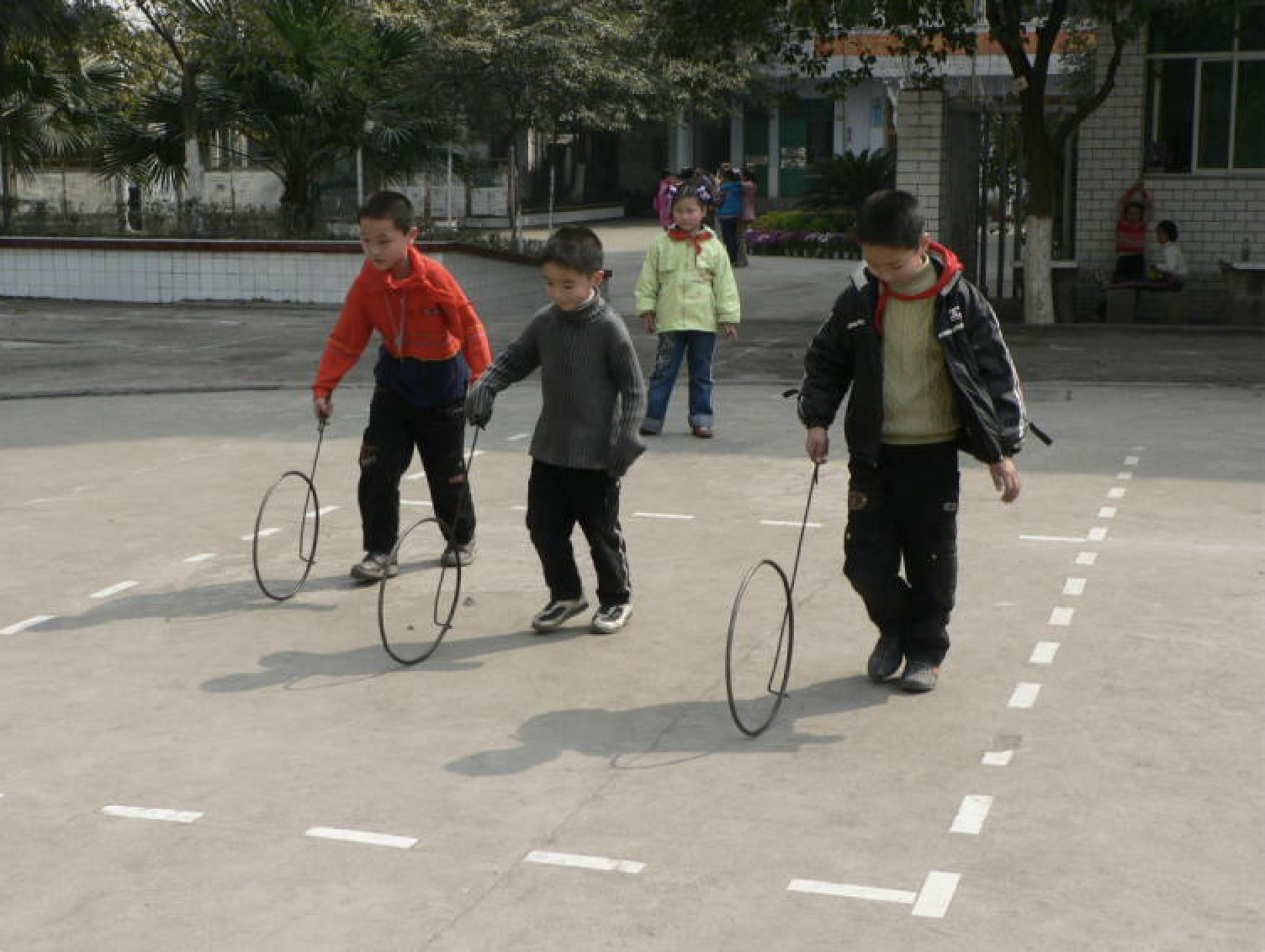"Game Design Workshop" Reading Journal #2
Exercise 2.1: Think of a Game
- Doodle Jump: it's a game on mobile phones where the character keep jumping and the player needs to control the character's landing spot to make him go higher.
- Monster Hunter: it's a game about hunting dragons and imaginary creatures to forge powerful weapons and armors.
- Both games require players to control the main character to achieve a goal. During the game, players need to concur challenges and they get rewards after that.
Exercise 2.3: Objectives
- Monopoly: get the most money and land
- Candy Crush: complete levels
- Detroit: Become Human: experience the story and go to an ending
- Job Simulator: complete tasks
- Risk o Rain: kill the final boss and unlock new equipments
Exercise 2.4: Rules
I don't think there is a game with no rules, but there's a game I played as a child with only one rule. It's a game about pushing an iron ring forward, and the rule is that who ever gets to the destination fastest wins the game. This is a hard exercise because I think the definition of game includes having rules that limits players.

Exercise 2.6: Challenge
- Dark Souls: die frequently and constantly I get frustrated. Usually it's because I meet a new enemy or I made mistakes in controlling.
- Mahjong: a lot of things need to be considered in order to win or at least not to lose.
- Candy Crush: in later levels there's too much randomness.
Exercise 6.4: Blue Sky Brainstorm
God usually do omniscient things and control the world. I am inspired by a famous meme picture where the god is using magical powders to create famous people. I want this game to be the god spreads magical powders (e.g. peace, power, wealth) to the area he/she wants to help/attack, but when using those powders it's going to be hard to control. So sometimes the powder flies to areas that you don't want to be influenced and you need to use other powders to change the situation. I'm thinking of making a VR game where the players will actually look down on the earth and experience what it feels like to be a god.
For the reading this week, I am inspired by how the author explains procedures, rules, objectives, and outcomes as the nature of a game. These are the things that will show up instantaneously when a game is designed.
The way he discuss different kinds of roles players can play in games looks interesting to me. Usually I just think of games as single player, multi-player (competition), and multi-player (collaboration), but he separates games into seven categories according to roles played.
The most helpful part this week would be "Tuning Game Systems". He says that "first, the designer needs to test to make sure that the system is internally complete ... the designer will next test for fairness and balance ... the designer must test to make sure the game is fun and challenging to play". For this project especially, we kind of did it the wrong order. We first tried to make the game fun but later we had to come back and add rules or even change the core mechanics. I think I agree that we should have had make sure the game works then worry about balance and fun by adding/removing cards.
Get Love is War
Love is War
A card game where you will win your love
| Status | Released |
| Category | Physical game |
| Author | fungifurball |
| Genre | Card Game |
| Tags | Dating Sim |
More posts
- "Game Design Workshop" Reading Journal #1Sep 11, 2019
- Play Test 9.9Sep 10, 2019
- Dev Log 9.6Sep 10, 2019
- Play Test 9.5Sep 10, 2019
- Dev Log 9.3Sep 10, 2019
- Dev Log 9.1 & 9.2Sep 10, 2019
- Dev Log 8.30Sep 10, 2019
- Dev Log 8.29Sep 10, 2019
- PostmortemSep 10, 2019
Leave a comment
Log in with itch.io to leave a comment.